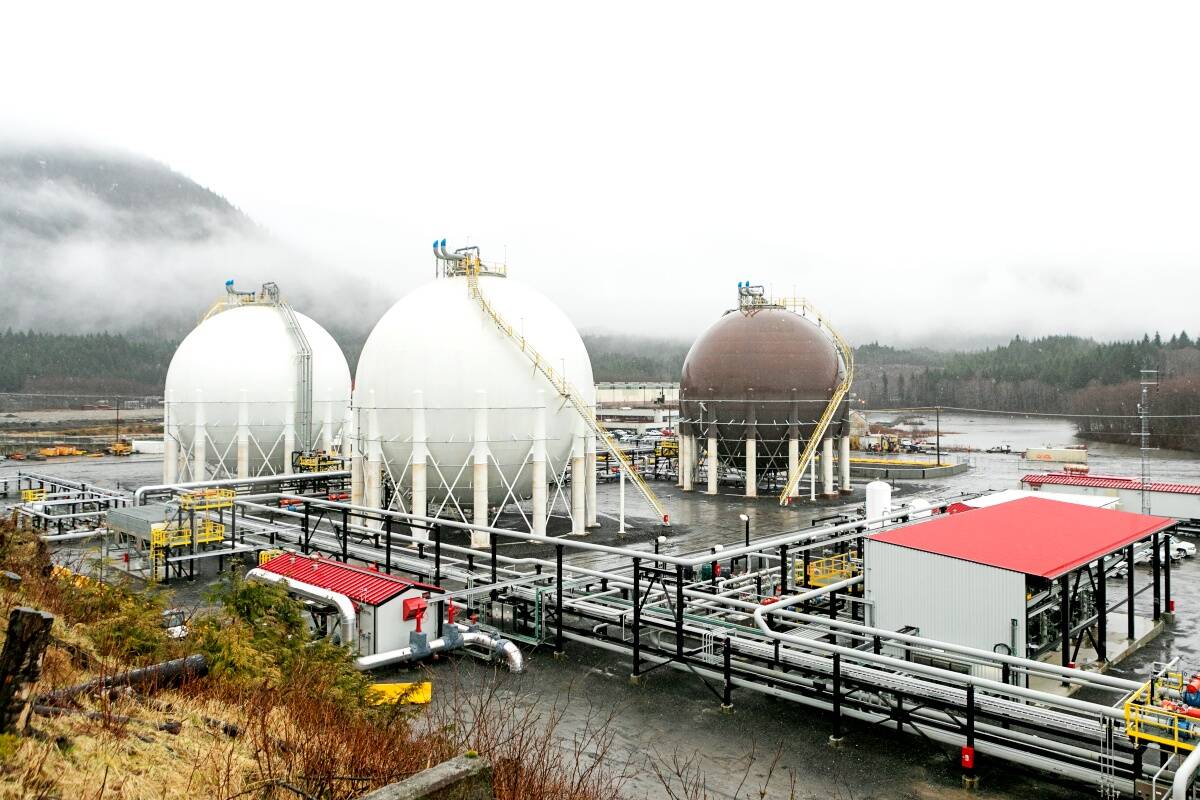Watson Island has become a winner for the City of Prince Rupert, after years of legal battles and innovative transformation, by being awarded the Best Overall Large Project with a national Brownfield Award (Brownie) in Toronto on Nov. 14.
Brownie Awards recognize rehabilitation projects across Canada on sites once contaminated, under-utilized and undeveloped that have been transformed into productive developments that support the economic vitality of their communities.
“The previous mayor and council, together with City staff, turned what was once a major challenge and environmental liability for Prince Rupert into a source of new revenues and opportunity for the community. That’s a win!”Herb Pond, mayor of Prince Rupert, said.
The City of Prince Rupert city provided some historical background in a press release stating it was the unwilling recipient of the Watson Island property and inherited it through a tax sale after the pulp mill closed. Subsequent legal action with owners ensued and the site was a contamination risk with leftover chemicals.
“Due to the abandoned pulp mill, the site once cost the community significant holding costs, which came with considerable environmental liability,” the city stated.
After a 2015 settlement agreement was signed, the city, alongside its numerous partners including McElhanney, Trillium Environmental Ltd., the Ministry of Environment and Climate Change, as well as numerous local and non-local contractors, was able to initiate site demolition and proceed with the eventual brownfield redevelopment in a phased plan.
Implementing what they call a “resourceful and creative approach,” the city was able to repurpose the pulping chemicals from the former mill back into the pulp industry elsewhere in B.C. The vast majority of metals were recycled, leading to a 95 per cent recycling rate for materials left on site.
The city stated the environmentally friendly approach reduced the costs of remediation to a fraction of what was initially anticipated.
The upfront front financial burden of remediation was reduced for taxpayers and the city through an “innovative proponent-driven process” with the Provincial Ministry of Environment and Climate Change.
The Pembina propane facility was the first project to come online within the past year, the city stated. With the propane company’s project, the property has been returned to the city tax rolls. Income generate from the
The revenue from the property lease generates income for the city’s Legacy Corporation and with Pembina’s participation, the property has returned to the city tax rolls. This, in turn, provides dividends to the City to offset major one-time capital costs like the Woodworth dam replacement.
Throughout the past seven years of ugly-duckling-to-swan metamorphosis, the city and province worked together on an innovative repurposing of the Agreement in Principle. This instrument allowed the site to be overhauled in portions as new business partners became involved, with industry bearing the upfront costs of remediation.
“Going forward, with additional industrial lands remaining for development, Watson Island is well positioned to continue to entice new projects – include potentially in the renewable and green energy sectors – a current focus for the City’s Economic Development Office.”
With the Watson Island project now a case study for the Provincial Ministry of Environment and Climate Change on how to successfully manage and remediate a large industrial brownfield, part of Prince Rupert’s notable success is it is now a point of contact and guidance for Canadian municipalities who find themselves similarly burdened with abandoned industrial land. Prince Rupert staff have also made presentations at multiple municipal conferences.
With the site now attracting potential interest from a host of industries, including renewable energy – Prince Rupert is witnessing a new beginning for the Watson Island site.
“Prince Rupert’s Watson Island project was among multiple deserving finalists in the category of brownfield development, and the city and our partners are honoured to have received an award,” Pond said.
READ MORE: Pembina ships first vessel of LPG out of Prince Rupert
rownie Awards recognizes brownfield rehabilitation projects across Canada on sites that were once contaminated, under-utilized and undeveloped that have been transformed into productive developments that support the economic vitality of their communities.
.

